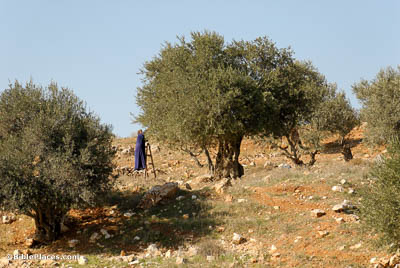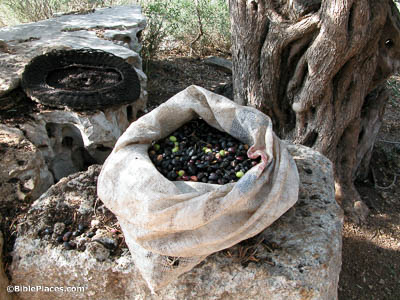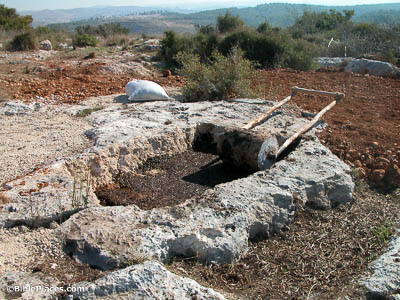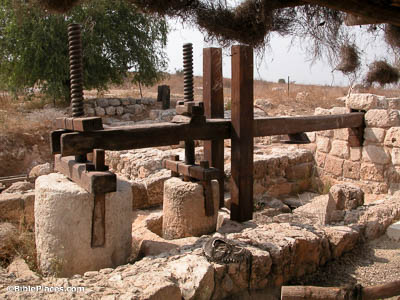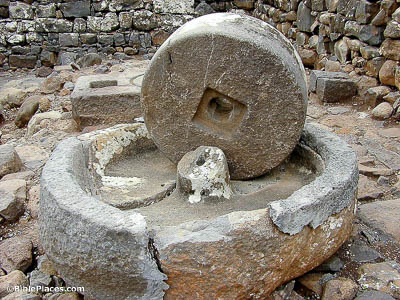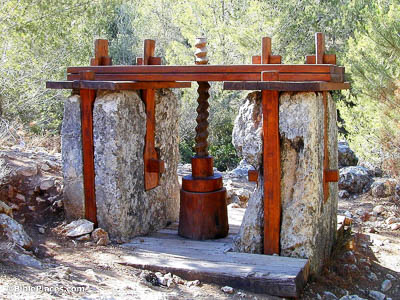Olive trees are plentiful in Israel, and the oil from their fruit has always been a part of everyday life there. In fact, their importance to ancient Israel was so significant that olive trees received specific mention in the laws God gave to His people.
Deuteronomy 24:20 (NIV): “When you beat your olive trees, you shall not go over the boughs again; it shall be for the stranger, the fatherless, and the widow.”
